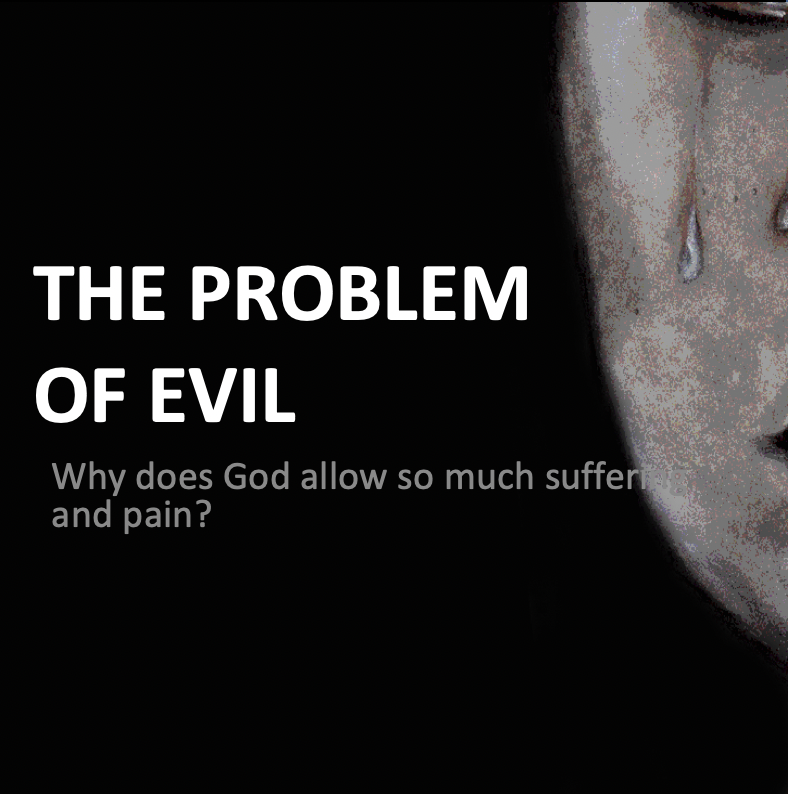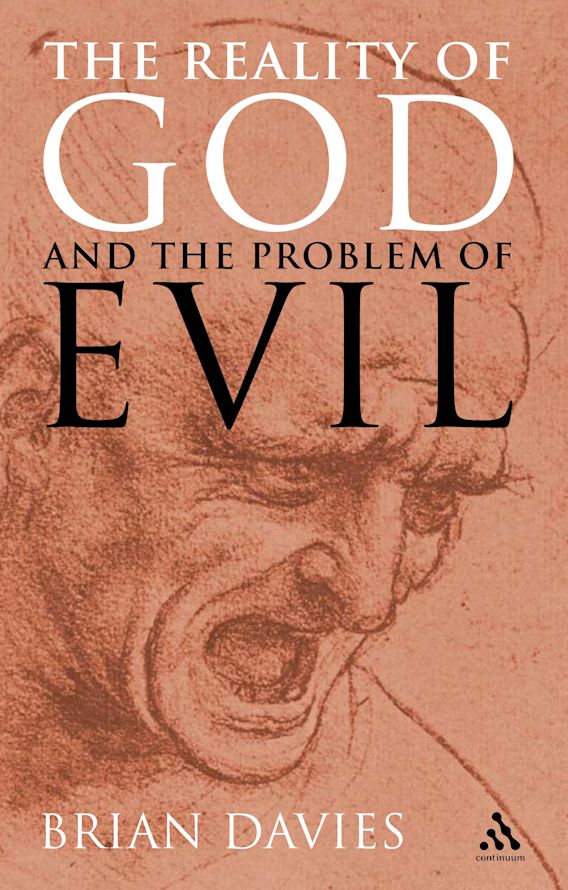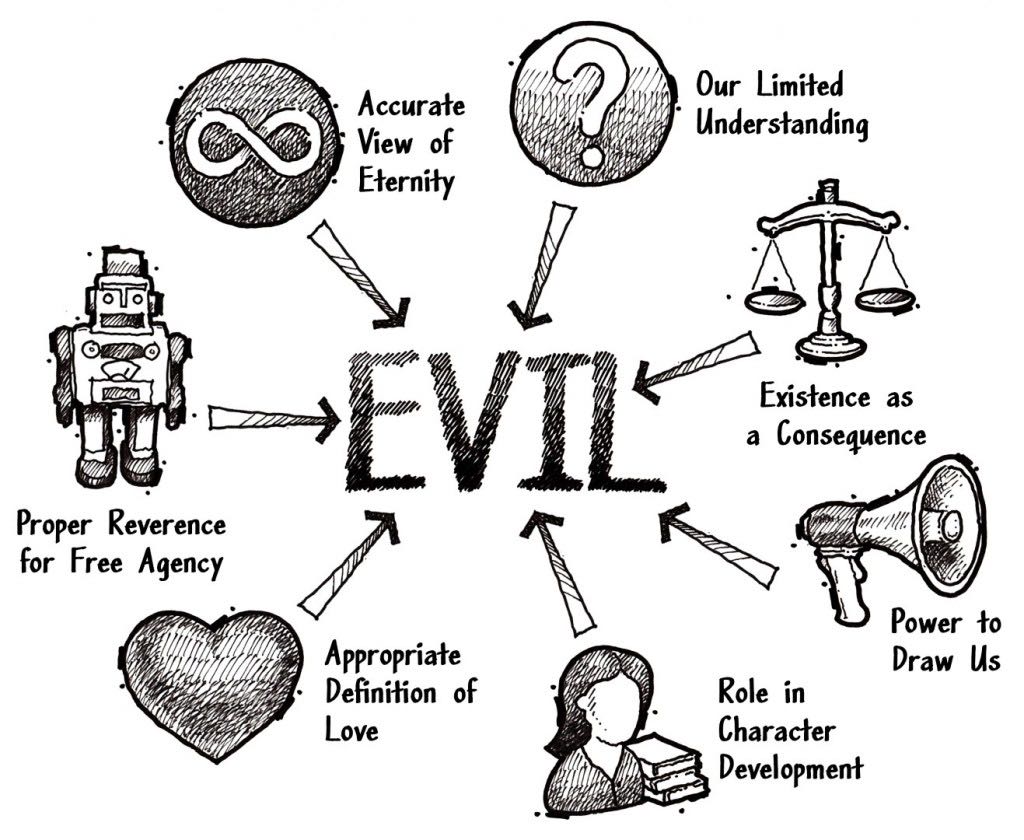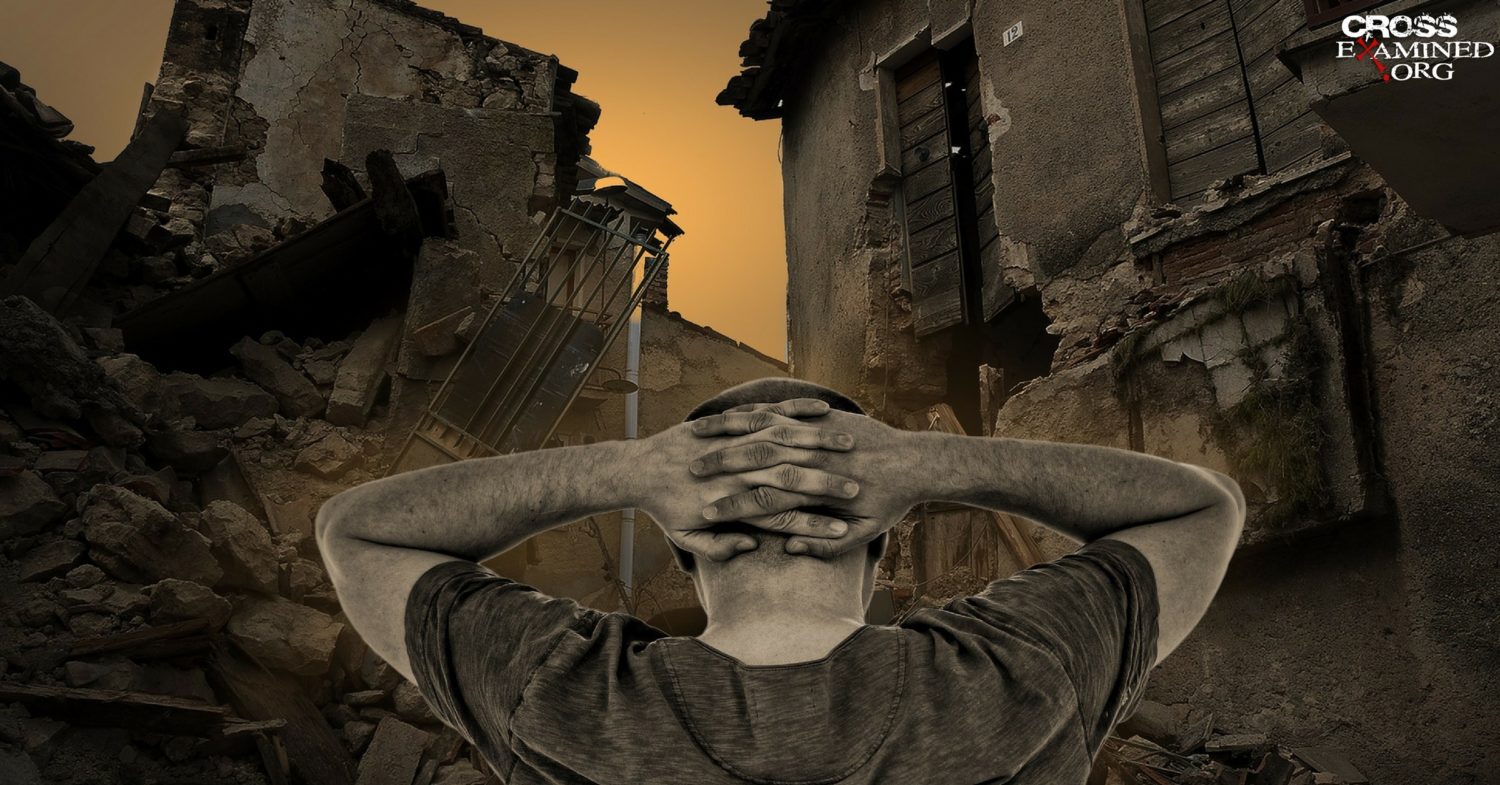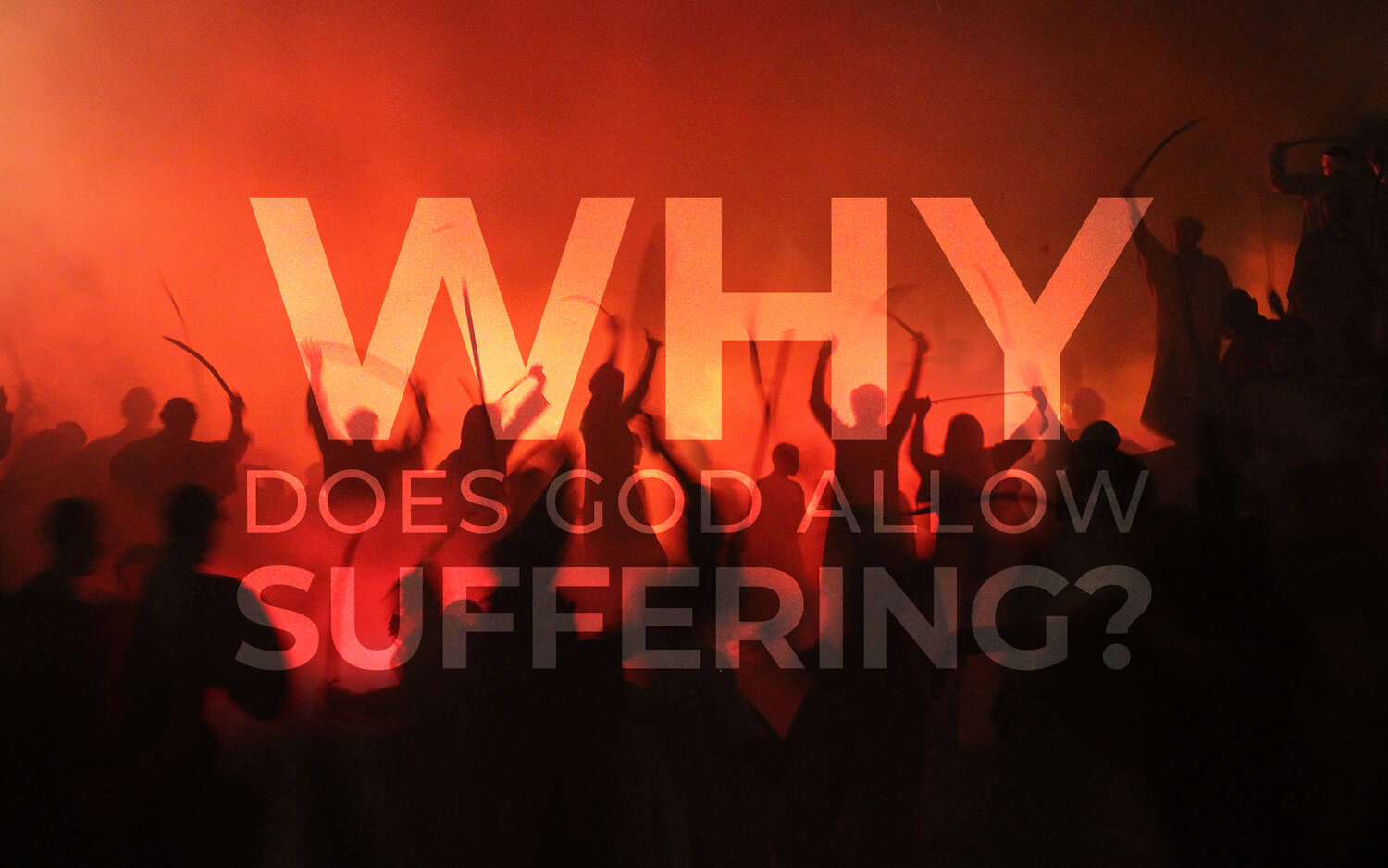The Problem Of Evil Crash Course Philosophy #13

Ever tripped over your own feet and thought, "Why me?" Well, philosophers have been asking a similar, but *much* bigger question for centuries. It's called the **Problem of Evil**, and it's not just about stubbing your toe.
The Big Question: Why Bad Stuff?
Imagine a world where everyone's a winner, puppies never pee inside, and chocolate chip cookies are calorie-free. Sounds great, right? But the real world isn't quite that perfect. So, if there's a god who is all-powerful, all-knowing, and all-good, why does so much suffering exist?
This is the crux of the Problem of Evil. It’s a head-scratcher that's kept thinkers up at night. Why do earthquakes happen? Why do nice people get cancer? And why, oh why, does pineapple belong on pizza (okay, that last one's debatable)?
Different Perspectives, Different Answers
Philosophers have come up with a bunch of answers, each with its own quirks. One popular idea is Free Will. Think of it as the "blame the humans" defense.
Essentially, we have the freedom to choose good or evil. And sometimes, we choose to be real jerks. So, suffering comes from our bad choices, not necessarily from a lack of divine intervention.
Then there's the Soul-Making Theodicy. This one suggests that tough times are actually good for us, in a weird, twisted way.
It argues that suffering builds character, like a spiritual workout. Think of it as getting stronger emotional muscles by lifting heavy burdens. So, evil exists to make us better people.
But hold on, some argue! What about natural disasters? What about babies suffering? It's a tough question, and not everyone buys the "it's for your own good" argument.
The Mystery Remains
The Problem of Evil isn't something easily solved, neatly packaged, and shipped with a bow. It's messy, complex, and deeply personal.
Even David Hume, a famously skeptical philosopher, wrestled with it. He basically said, "Look, I don't know, and maybe nobody can truly know." Pretty honest, right?
Maybe the point isn't to find a perfect answer, but to grapple with the question itself. To acknowledge the suffering in the world, and to try to make things a little bit better.
Think about acts of kindness you've witnessed. Maybe a stranger helping someone carry groceries, or a community coming together after a disaster. These small acts of good can be a powerful response to the evil in the world.
Ultimately, the Problem of Evil might not have a satisfying answer. But it pushes us to think deeply about our beliefs, our values, and our place in the universe.
So, next time you trip over your own feet, remember the philosophical debate. It's a reminder that life is complicated, sometimes painful, but also full of opportunities for kindness, compassion, and maybe even a little bit of laughter.
Because even in the face of profound questions, a little bit of humor can go a long way. And hey, at least you didn't have to write a whole philosophical treatise about it!
"Is God willing to prevent evil, but not able? Then he is not omnipotent. Is he able, but not willing? Then he is malevolent. Is he both able and willing? Whence then is evil?" - Epicurus
